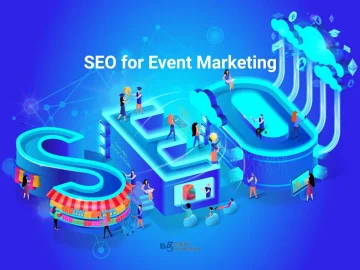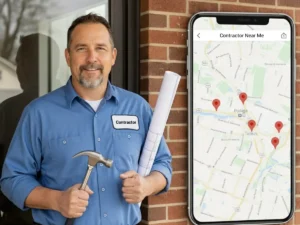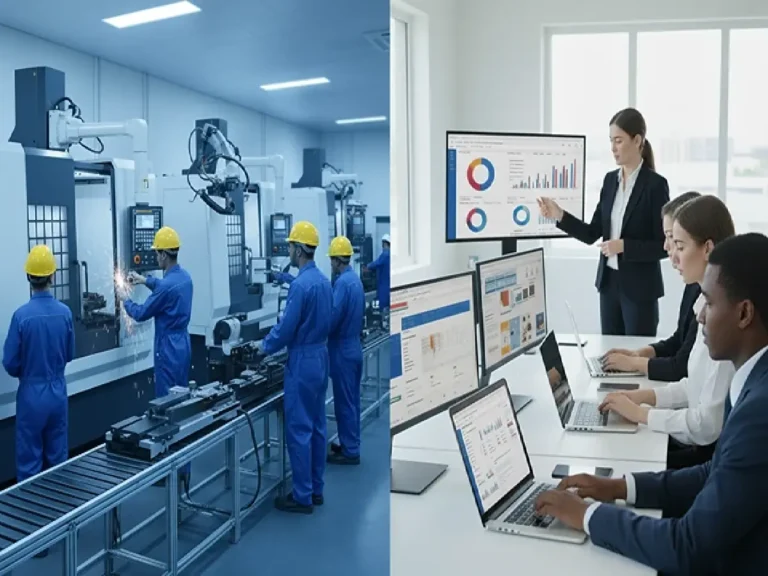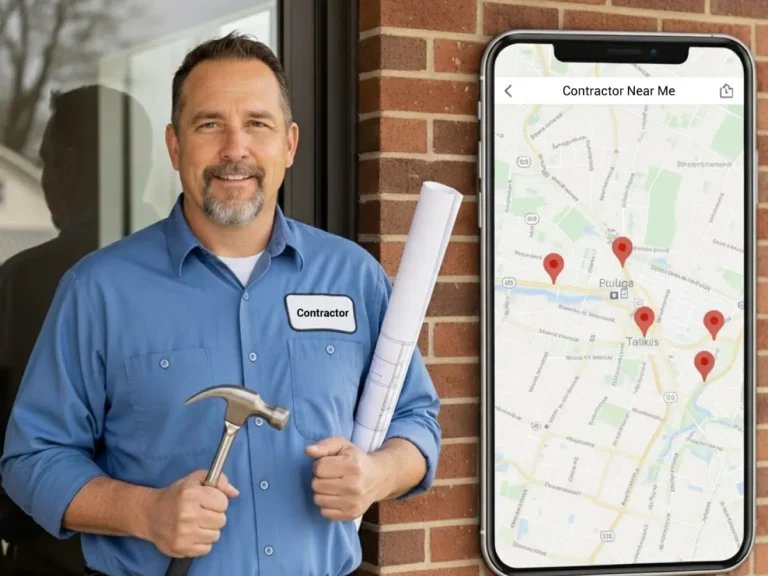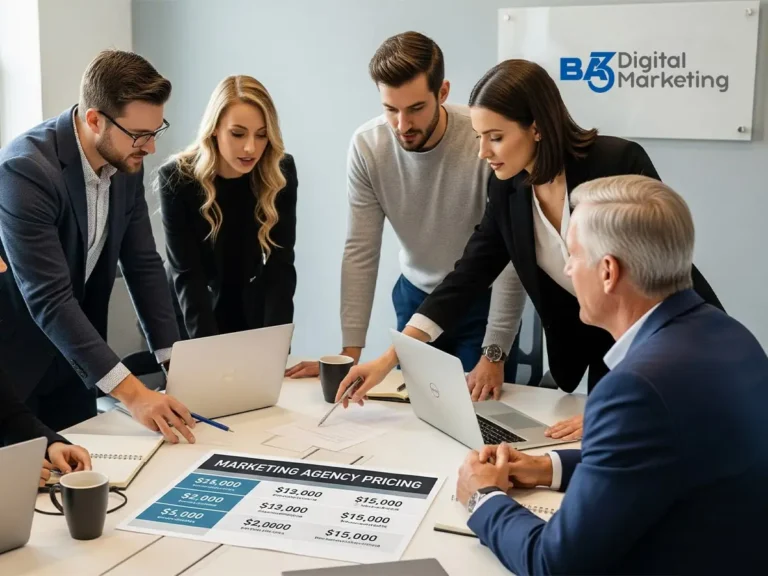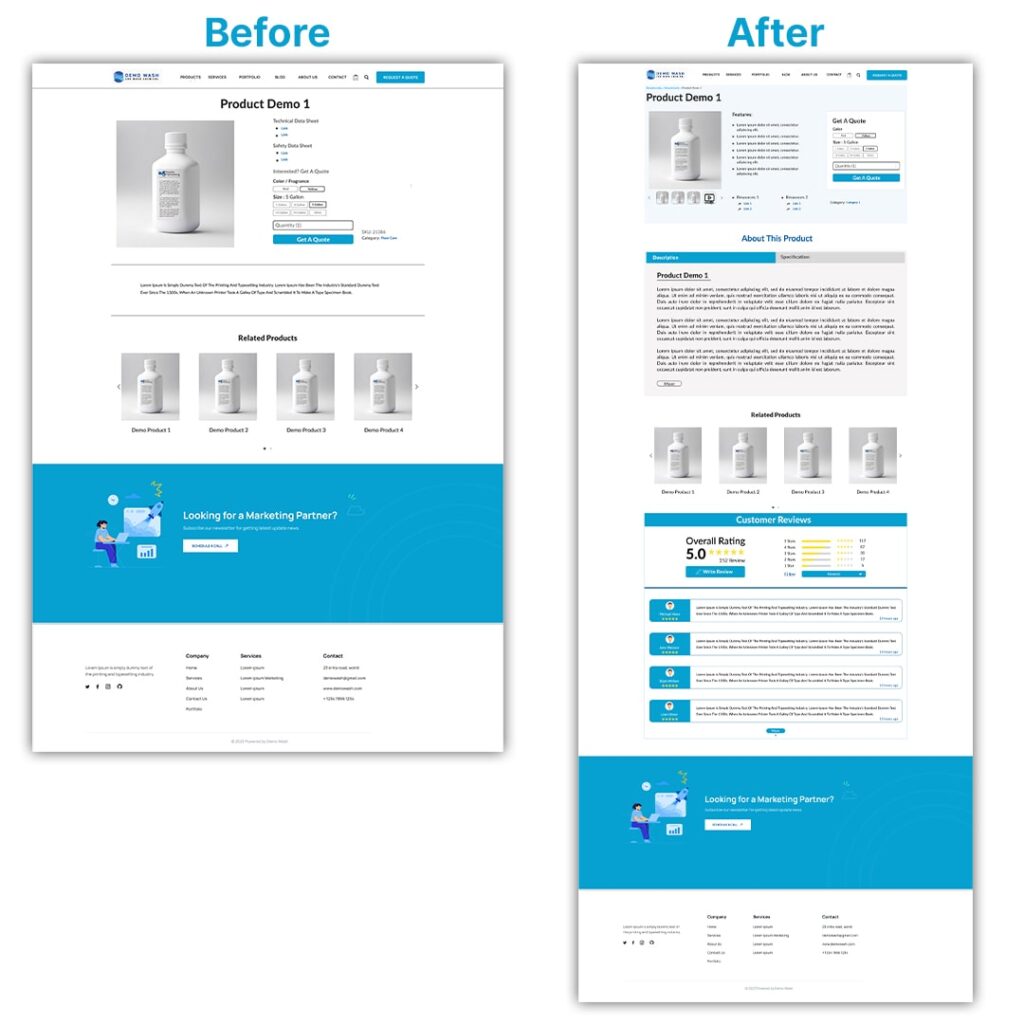You have put in months of hard work planning the perfect event, but when it comes to attracting attendees, you are left feeling like your efforts are falling flat.
Sound familiar? Well, fear not!
After all, in today’s hyper-connected world, where every click counts and every search matters, mastering the art of SEO is non-negotiable.
But, the million dollar question, where and how do you start?
Well, that’s where the SEO guide for event marketing comes to the act.
This blog provides a simple SEO guide for event marketing. It includes tips and steps for event planners to help you drive traffic to your event and ensure its success online.
Read on to learn how to make your event marketing strategy more visible and engaging on the internet!
Understanding SEO for Event Marketing
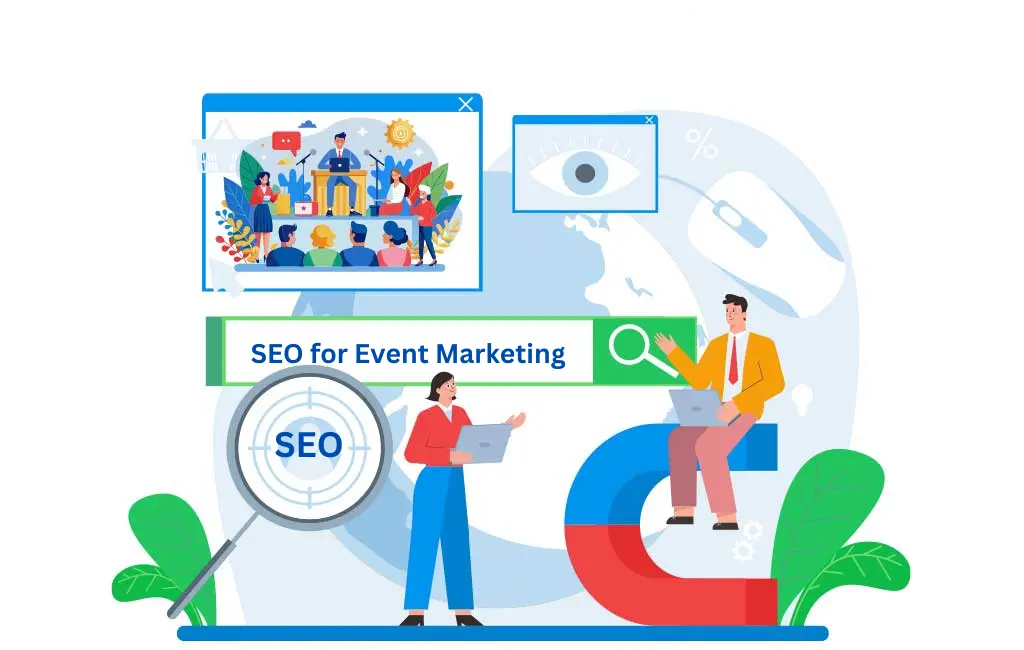
SEO, or Search Engine Optimization, is all about making your event website and online content more visible to people searching for related topics on search engines like Google. For instance, if you are hosting a music festival in Austin, Texas, following an SEO guide for event marketing and optimizing your website with keywords like ‘Austin music festival’ or ‘live music events in Texas’ can help your event show up higher in search results, making it super easier and convenient for potential attendees to find you online.
Outcomes Of Using SEO In Events
Search Engine Optimization (SEO) isn’t just for websites and businesses; it works for events too!
Don’t believe it?
In this SEO guide for event marketing, we explain some amazing results you can expect when you use SEO for your event:
Visibility Boost
First off, SEO works like a spotlight for your event. It ensures that when people are searching for something to do in your area or within your niche, your event pops up right at the top of their search results. Suddenly, you are not just another option; you are the top choice!
Drive Event Ticket Sales
SEO is like a salesperson working tirelessly in the background to promote your event.
In other words, by optimizing your event page with relevant keywords and compelling content, you can ensure that when people search for events like yours, yours is the first they see.
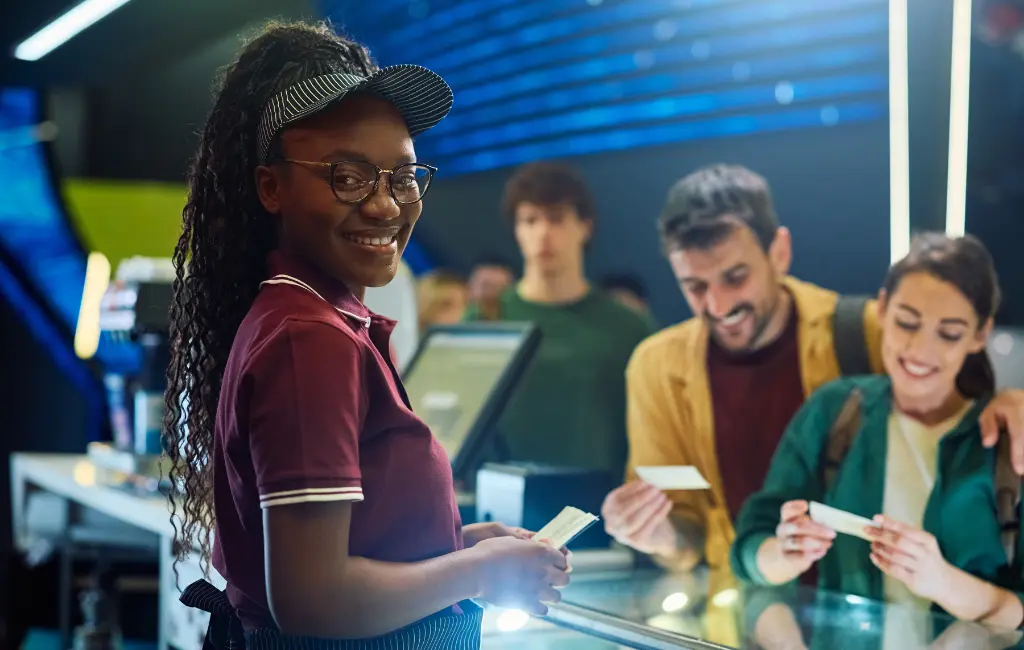
This increased visibility translates directly into more ticket sales as potential attendees are more likely to discover and choose your event over others.
Extended Buzz
Your event might be a one-day affair, but who says the excitement has to end there?
With SEO, you can create content that keeps the buzz alive long after the curtains close. Such as, it can be blog posts, social media updates, or maybe even a highlight reel that’s so epic, people can’t help but share it with their friends – keeping the buzz alive for weeks to come.
Targeted Audience
SEO isn’t just about getting clicks; it’s about getting the right clicks. By optimizing your event’s online presence, you ensure that the people who find you are not just random passersby but individuals who are genuinely interested in what you have to offer.
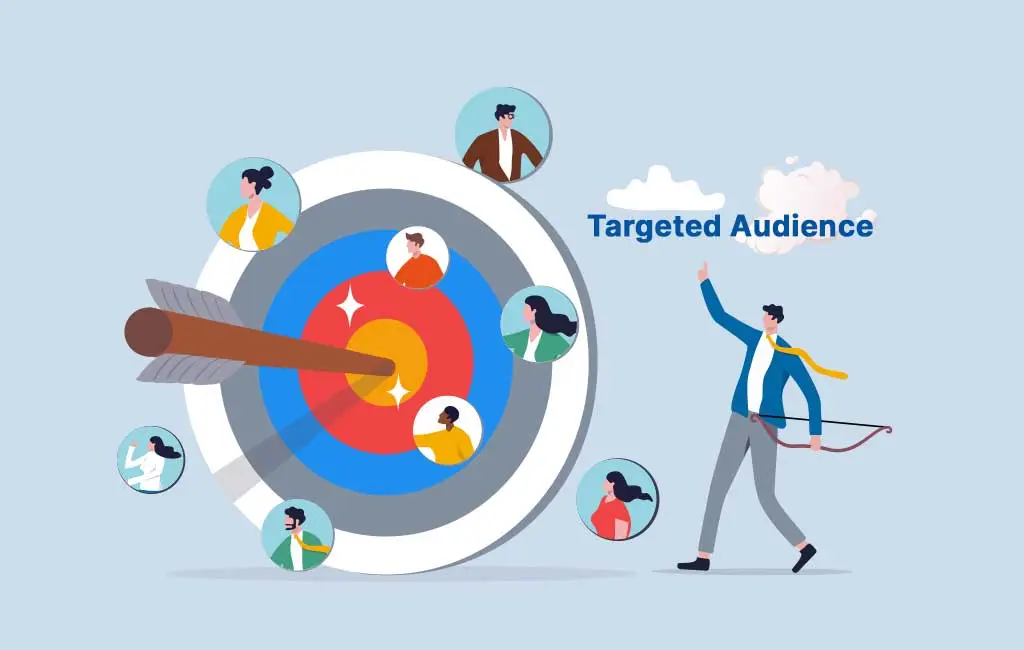
This targeted approach means higher engagement, better conversion rates, and a crowd that’s not just attending but actively participating in your event.
Establish Brand Authority
Heard the phrase, “Google it”?
Well, when your event consistently shows up at the top of search results, it’s like Google is giving you a big thumbs up in the credibility department.
This, in return, boosts your brand authority and positions you as the go-to expert in your field. Suddenly, you are not just hosting an event; you are leading the conversation and setting the standard for excellence.
Stand Out
Through optimizing your event’s online presence with compelling content, eye-catching visuals, and strategic keywords, you make sure that when people are scrolling through their options, yours is the one that catches their eye.
Be it a themed conference, a niche workshop, or a one-of-a-kind experience, SEO ensures that those looking for something different find your event and are interested enough to buy tickets. It’s like turning on a spotlight in a dark room—you are impossible to miss!
The Best ROI
When it comes to marketing strategies, ROI is king. And SEO consistently delivers one of the best returns on investment. And unlike paid advertising, which stops driving traffic the moment you stop paying, SEO continues to attract organic traffic over time.
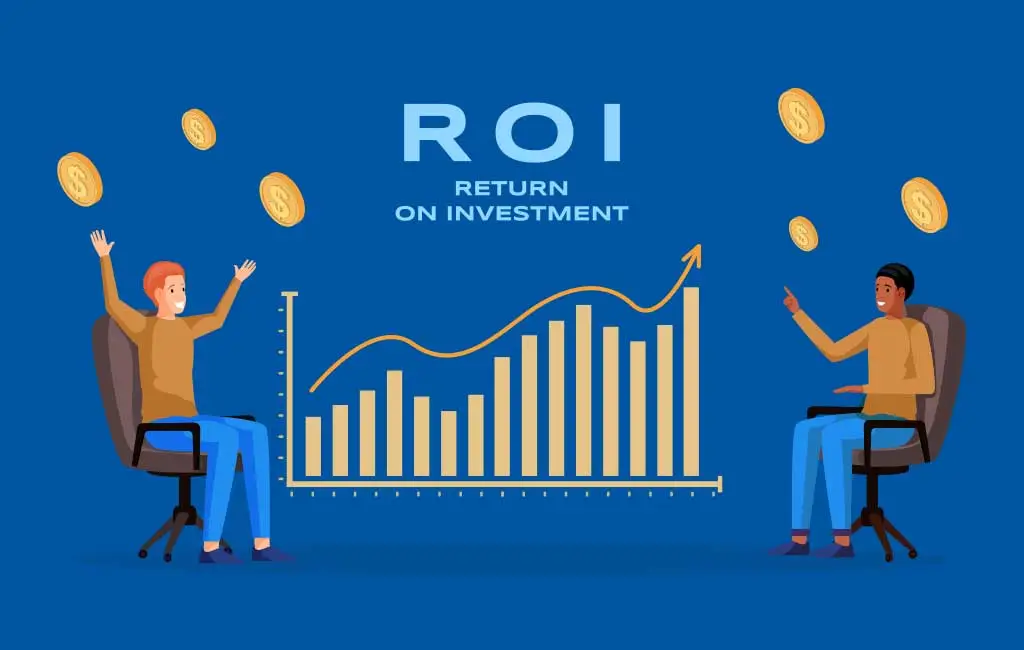
SEO Guide for Event Marketing: Step-by-Step
SEO (Search Engine Optimization) for event planners is like adding a sprinkle of magic to ensure your events shine brightly on the digital stage.
When someone searches for an event in your area or your niche, you want your event to be the first thing they see. This SEO guide for event marketing will help you make that happen by showing you how to improve your event’s online presence and attract the right audience.
Let’s go through it step-by-step, because everyone loves a simple, clear plan for success.
Step 1: Know Your Audience
Before you start optimizing anything, you need to understand who you are trying to attract.
Are you planning weddings for lovebirds, corporate events for business moguls, or music festivals for the free spirits?
Knowing your audience inside and out will help you tailor your SEO efforts to reach them effectively. It’s all about putting yourself in their shoes.
Step 2: Keyword Research
Keywords are those words and phrases that your potential attendees are typing into search engines. You can use tools like Google Keyword Planner or SEMrush to find out these golden phrases.
Maybe it’s “best wedding planners in [your city]” or “upcoming tech conferences.” Once you have got your list, implement these keywords strategically throughout your website.

Step 3: Optimize Website
It’s like polishing a diamond to make it shine brighter. Your website should be sleek, user-friendly, and filled with valuable content.
Hence, make sure it loads fast (no one likes waiting around!), is mobile-friendly (because, let’s face it, we are all glued to our phones), and has clear calls-to-action so visitors know exactly what to do next—whether it’s contacting you for a consultation or signing up for your newsletter.
Also, optimize your images with descriptive filenames and alt tags. Google loves websites that are user-friendly, so make yours shine like a polished event brochure.
Step 4: On-page and Off-page Optimization
On-page optimization involves optimizing each individual page of your website with the precious keywords, while off-page optimization is all about building your kingdom beyond your website.
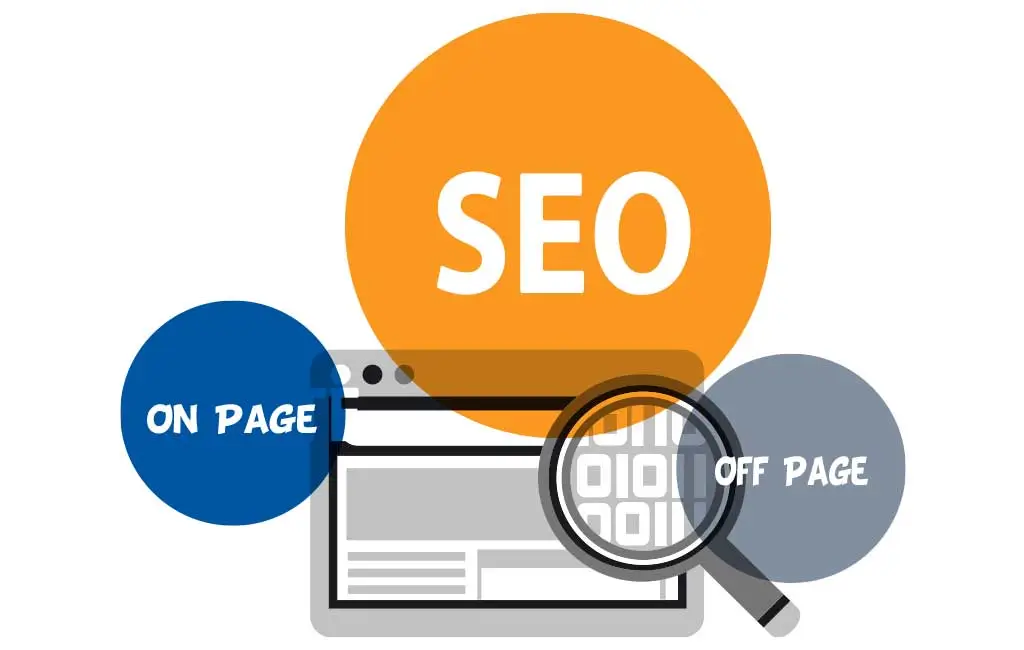
That means getting other websites to link back to yours (like when a popular wedding blog mentions your services) and engaging with your audience on social media platforms.
Step 5: Enhance Your Website with Event Schema Markup
Schema markup helps search engines understand your content better, which can lead to rich snippets in search results—those fancy little snippets that show extra information like event dates, locations, and even ticket prices. Much like giving searchers a sneak peek into your events before they even click through to your website.
Step 6: Utilize Ticketing Marketplaces and Sites
You can think of these as your event planning partners in crime.
How? Well, ticketing marketplaces and sites like Eventbrite or Ticketmaster not only help you sell tickets but also boost your online presence.
Hence, by listing your events on these platforms, you are reaching a wider audience and increasing the chances of your event being discovered by eager attendees.
Step 7: Promote Your Event On Social Media
Social media platforms like Instagram, Facebook, and Twitter are your best friends when it comes to spreading the word.
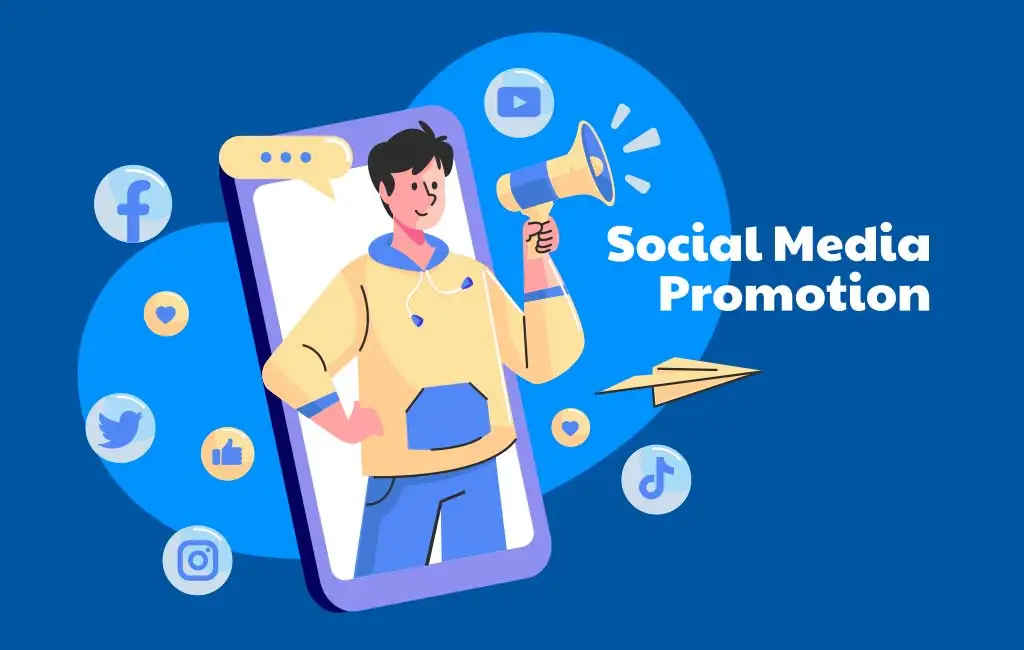
Therefore, share captivating posts, behind-the-scenes sneak peeks, and engaging content as much as possible to drum up excitement and attract potential attendees. Also, don’t forget to use relevant hashtags to increase visibility!
Step 8: Event Page FAQ
Answering questions before they are even asked?
That’s the magic of an event page FAQ section. Anticipate the queries your attendees might have about your event and address them proactively.
Whether it’s about parking, accessibility, or event timings, providing clear and concise answers not only improves the user experience but also signals to search engines that your event page is informative and valuable.
Step 9: Local SEO for Events
Time to put your event on the local map!
Local SEO tactics like optimizing your Google My Business profile, including location-specific keywords, and getting featured in local event listings can significantly boost your event’s visibility within your target area.
After all, you want to make sure your event pops up when locals are searching for fun things to do in town.
Must Know Tips On SEO For Event Planners
Got an incredible event lined up, but unsure how to ensure the world knows about it?
Well, worry not! Here are some must-know tips from our comprehensive SEO guide for event marketing to get your event the spotlight it deserves:
Install Event Schema
Suppose, you are setting up a fantastic event, right?
And, just like you wouldn’t forget the decorations, you don’t want to overlook the behind-the-scenes stuff that makes your event shine online.
That’s where Event Schema comes in.
It helps search engines understand your event details better, making it easier for them to display relevant information to users. Plus, it gives your event listings that extra sparkle in search results.
Optimize Your Event Website
Next up, your website is like the grand entrance to your event. And obviously, you would want it to be welcoming, informative, and easy to navigate.

What to do? Implement relevant keywords throughout your content and make sure your site loads fast because nobody likes waiting in line, even online.
Promote Your Event On Social Media
Let’s be real, social media is where the party’s at!
Spread the word about your event like wildfire across platforms like Facebook, Instagram, and Twitter.
After all, Social media isn’t just for cat memes and food photos (although those are great too). Hence, get people buzzing with engaging posts, sneak peeks, and behind-the-scenes content. Remember, the more shares, the merrier!
Optimize Event Page For Local SEO
Location, location, location!
Make sure your event page is optimized for local searches by including your city or region in titles, meta descriptions, and content. Also, make sure to claim your spot on Google My Business and encourage attendees to leave glowing reviews.
On-Page SEO Optimization Tips
This is where the magic happens!
Sprinkle those keywords like confetti throughout your event page content but keep it natural and relevant. Craft catchy titles and meta descriptions that make people click faster than you can say “RSVP.” Also, don’t forget about those high-quality, drool-worthy images that make your event irresistible.
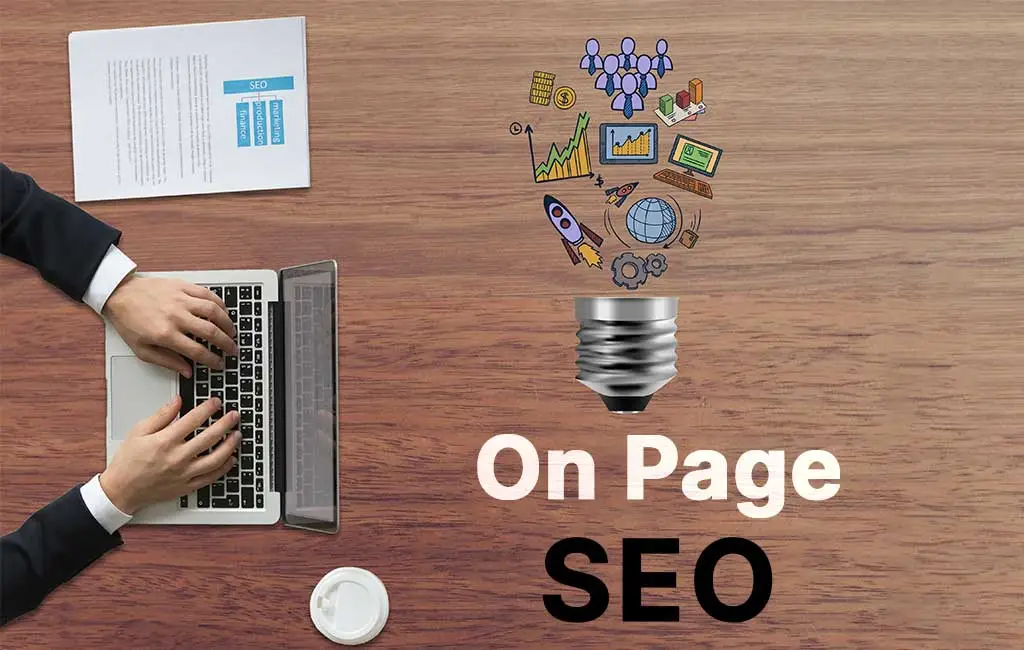
Add All The Event Related Information On Your Event Page
Attention to detail is key!
From event dates and times to ticket prices and FAQs, make sure your event page is a one-stop-shop for all the juicy details. The easier it is for attendees to find what they need, the smoother the sailing will be.
Wrapping Up
That’s all regarding the SEO guide for event marketing!
With the right strategies in place, there’s no limit to what your event can achieve.
In other words, by utilizing the power of SEO, you can turn your event from a well-kept secret into a must-attend sensation. A dream come true for every event planners.
So, what are you waiting for? Start implementing these above-mentioned SEO techniques today and make your next event an unforgettable success.
By strategically optimizing event-related content with relevant keywords, ensuring website accessibility, and building valuable backlinks, SEO increases the chances of the event being discovered by potential attendees through search engines. This ultimately leads to higher registration and participation rates.
Integrating relevant keywords into event descriptions and content, regularly publish engaging content related to the event and obtaining backlinks from reputable websites in the event’s niche are the three SEO tactics for the event.
Focus on creating high-quality, keyword-rich content such as event descriptions, blog posts, and landing pages. Also, optimize your website’s meta tags, headings, and URLs for relevant keywords to improve its search engine ranking.
Backlinks from reputable websites signal to search engines that the event content is valuable and trustworthy, leading to higher search engine rankings.
Additionally, backlinks drive referral traffic from other websites, increasing the visibility of the event and attracting more potential attendees.
SEO is a long-term strategy, and it may take several weeks or even months to see significant results. However, consistently implementing SEO best practices and monitoring your website’s performance can help you track progress over time.

